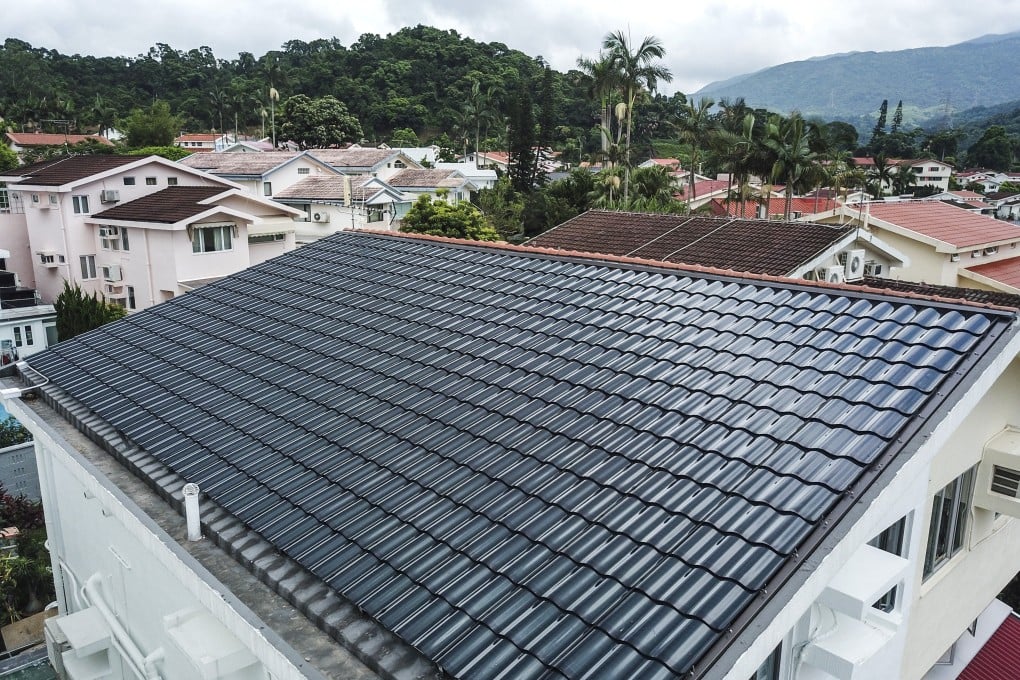Advertisement
Opinion | How Hong Kong can do its part to achieve COP26 climate change goals
- While the UN climate change conference fell short of the needed commitments, it still showed a way forward for Hong Kong’s climate action plan
- The window to keep the 1.5-degree goal alive is closing fast, but it is still achievable if we act with urgency and commitment
Reading Time:3 minutes
Why you can trust SCMP
2

The UN climate change conference (COP26) that concluded last month needed to be a game changer in the pace and scale of climate action. However, commitments fell short of those required to keep global warming within 1.5 degrees Celsius and achieve net zero emissions by 2050.
It is important to realise the seriousness of these objectives. At a global scale, 2 degrees of global warming represents an existential threat to millions of people, with catastrophic effects on agriculture, health and city infrastructure.
At a local scale, the heat island effect caused by Hong Kong’s dense urban infrastructure could make the city unliveable. The economic costs from lost productivity and the strain on infrastructure and services would be staggering. We can’t afford to not act.
On the other hand, Hong Kong can play an important role in helping the world achieve the 1.5-degree goal and ensure it remains a liveable, productive city. COP26 showed several core principles for our climate action plan: absolute reduction of greenhouse gases, adoption of science-based targets across the entire value chains, implementation of a rights-based approach and establishing an auditing system.
The Hong Kong government needs a legally binding framework and science-based climate targets with a transparent monitoring, reporting and verification system. Biodiversity values and climate impact must be integrated into policies, planning and assessments of environmental impacts at all levels of government and the economy.
Hong Kong’s Climate Action Plan 2050 focuses on electricity, transport and waste as these are the most significant sources of carbon emissions. For carbon neutral electricity, the government must prioritise installation of solar power systems on expressways, rooftops and other suitable open spaces.
Advertisement

